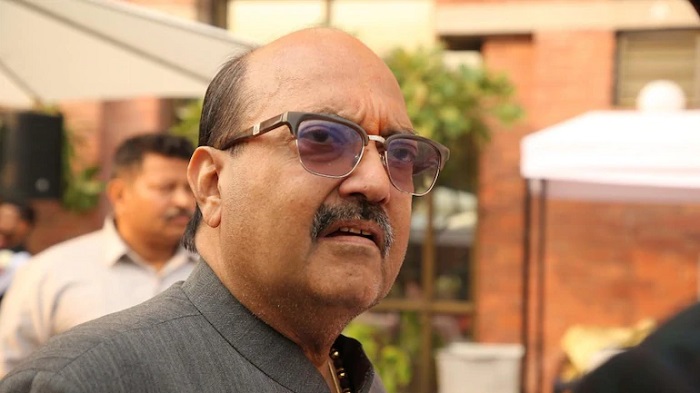May 30: A Delhi court on Saturday granted interim bail for 10 days to former municipal councillor from the Congress Ishrat Jahan, who has been booked under the stringent Unlawful Activities (Prevention) Act, to get married.
She has been booked under the anti-terror law in a case related to communal violence in northeast Delhi in February.
Additional Sessions Judge Dharmender Rana granted the interim relief from June 10 to June 19 to Jahan on furnishing two sureties of Rs 1 lakh.
The court directed her not to tamper with any evidence or influence the witnesses in the case.
According to the interim bail plea, filed through advocates S K Sharma and Lalit Valeecha, Jahan's marriage was fixed in 2018 for June 12, 2020.
The plea further said that Jahan would not tamper with any evidence or influence the witnesses if granted bail.
The petition, also filed through advocates Tushar Anand and Manu Prabhakar, claimed that Jahan has been falsely implicated in the case.
It alleged that upon bare perusal of the contents of the FIR, no incident of violence can be attributed to her and the wild and baseless allegations made against her were not only irresponsible and false, but also caused serious harm to her reputation.
Jahan, who is also an advocate, was only a supporter of ongoing peaceful protests and it was one of the fundamental rights of the citizens to protest and register their dissent against any unreasonable measure of the government, the plea said.
Besides Jahan, Jamia Millia Islamia University students Asif Iqbal Tanha, Gulfisha Khatoon, Jamia Coordination Committee members Safoora Zargar, Meeran Haider, president of Jamia Alumni Association Shifa-Ur-Rehman, suspended AAP councillor Tahir Hussain, activist Khalid Safi, JNU student Natasha Narwal and former student leader Umar Khalid have also been booked under the anti-terror law in the case.
The police had claimed in the FIR that Khalid and his associates had instigated people to start riots in the area and it was a "premeditated conspiracy".
Communal clashes had broken out in northeast Delhi on February 24 after violence between citizenship law supporters and protesters spiralled out of control, leaving at least 53 people dead and around 200 injured.






Comments
Add new comment